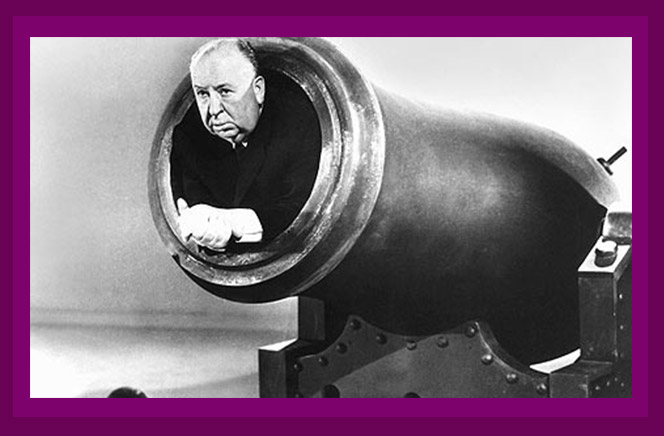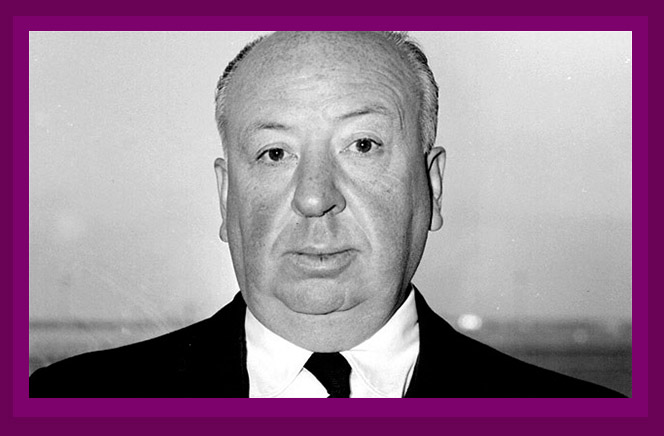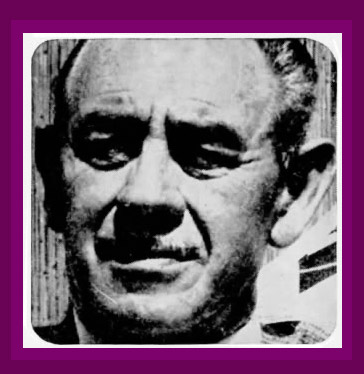Director and writers
Director - Alfred Hitchcock

Sir Alfred Joseph Hitchcock, KBE (13 August 1899 – 29 April 1980)was an English film director and producer.He pioneered many techniques in the suspense and psychological thriller genres. After a successful career in British cinema in both silent films and early talkies, renowned as England's best director, Hitchcock moved to Hollywood in 1939 and became a U.S. citizen in 1955.
Over a career spanning more than half a century, Hitchcock fashioned for himself a distinctive and recognisable directorial style.He pioneered the use of a camera made to move in a way that mimics a person's gaze, forcing viewers to engage in a form of voyeurism.He framed shots to maximise anxiety, fear, or empathy, and used innovative film editing.His stories often feature fugitives on the run from the law alongside "icy blonde" female characters.Many of Hitchcock's films have twist endings and thrilling plots featuring depictions of violence, murder, and crime. Many of the mysteries, however, are used as decoys or "MacGuffins" that serve the film's themes and the psychological examinations of the characters. Hitchcock's films also borrow many themes from psychoanalysis and feature strong sexual overtones. Through his cameo appearances in his own films, interviews, film trailers, and the television program Alfred Hitchcock Presents, he became a cultural icon.

Hitchcock directed more than fifty feature films in a career spanning six decades. Often regarded as the greatest British filmmaker, he came first in a 2007 poll of film critics in Britain's Daily Telegraph, which said: "Unquestionably the greatest filmmaker to emerge from these islands, Hitchcock did more than any director to shape modern cinema, which would be utterly different without him. His flair was for narrative, cruelly withholding crucial information (from his characters and from us) and engaging the emotions of the audience like no one else."The magazine MovieMaker has described him as the most influential filmmaker of all time,and he is widely regarded as one of cinema's most significant artists.
With the prestigious Selznick picture Rebecca in 1940, Hitchcock made his first American movie, set in a Hollywood version of England and based on a novel by English author Daphne du Maurier. The film starred Laurence Olivier and Joan Fontaine. This Gothic melodrama explores the fears of a naïve young bride who enters a forbidding English country mansion and struggles to adapt to the severe formality and emotional coldness she finds there. The film won the Academy Award for Best Picture of 1940.The statuette was given to Selznick, as the film's producer.The film did not win the Best Director award for Hitchcock.
Writers
Philip MacDonald

Philip MacDonald (5 November 1900, London — 10 December 1980, Woodland Hills, California) was an English author of thrillers.MacDonald and Michael Hogan adapted the novel Rebecca by Daphne du Maurier, from which Robert E. Sherwood and Joan Harrison created the screenplay for Rebecca, the 1940 film. Sherwood and Harrison were nominated for an Academy Award.
Michael Hogan
Michael Hogan (1893–1977) was a British screenwriter. Hogan had previously been a notable film actor, appearing in lead roles in a number of silent and early sound films. Hogan worked as a writer in both Britain and Hollywood.
